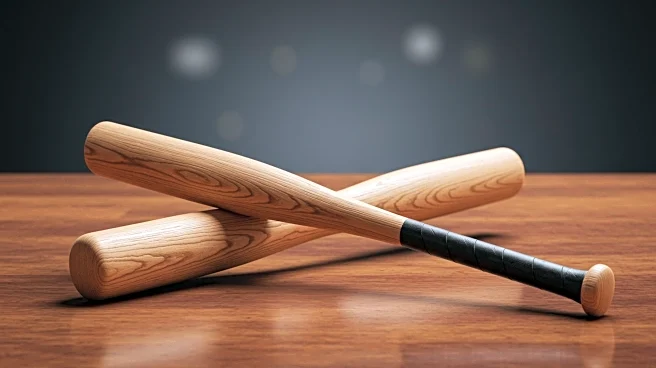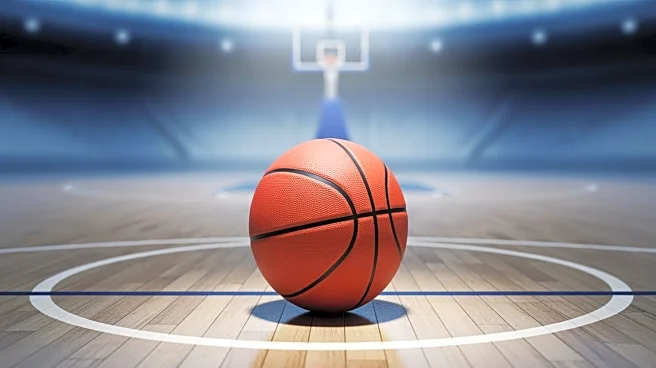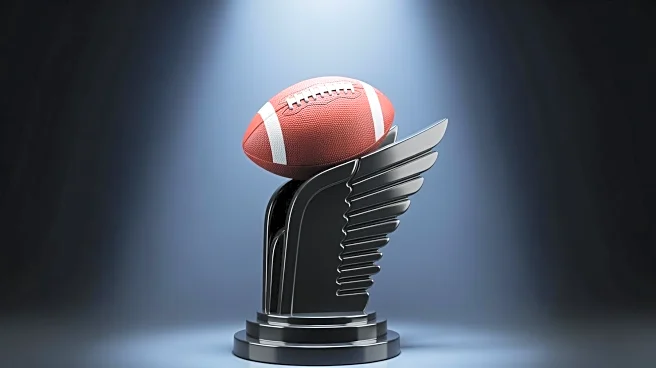What's Happening?
The Pohlad family, owners of the Minnesota Twins, have announced their decision to retain control of the team, opting against a sale. This decision comes after a period of consideration that began 10 months ago when the family initially explored selling the franchise. Instead of selling, the Pohlad family has agreed in principle to accept minority investments from two groups. This move is aimed at strengthening the club in a rapidly evolving sports landscape that demands strong partnerships and fresh ideas. The family has owned the team since 1984, when Carl Pohlad purchased it for $44 million. The current executive chair is Joe Pohlad, Carl's grandson. The Twins are valued at $1.5 billion, ranking 23rd out of 30 MLB teams according to Forbes. The team is currently in fourth place in the American League Central, with a payroll of $142,762,022.
Why It's Important?
The decision to retain control of the Minnesota Twins by the Pohlad family has significant implications for the sports industry and the local community. By choosing to keep the team under family ownership, the Pohlads are ensuring continuity and stability for the franchise. This move may also influence other sports team owners who are considering similar decisions amidst changing market dynamics. The introduction of minority investors could bring new perspectives and resources, potentially enhancing the team's competitive edge. For the local economy, the continued family ownership may mean sustained community engagement and investment, which can be crucial for local businesses and fans. The decision also reflects broader trends in sports management, where family-owned teams are increasingly seeking strategic partnerships rather than outright sales.
What's Next?
The Pohlad family plans to finalize agreements with the two minority investment groups, which are expected to bring additional expertise and resources to the team. This could lead to strategic changes in the team's operations and management. Fans and stakeholders will be watching closely to see how these new partnerships impact the team's performance and business strategies. The Twins' management may also explore further opportunities to enhance the team's competitiveness in the league, potentially involving player acquisitions or infrastructure investments. The broader sports community will likely monitor this development as a case study in balancing traditional ownership with modern business practices.









